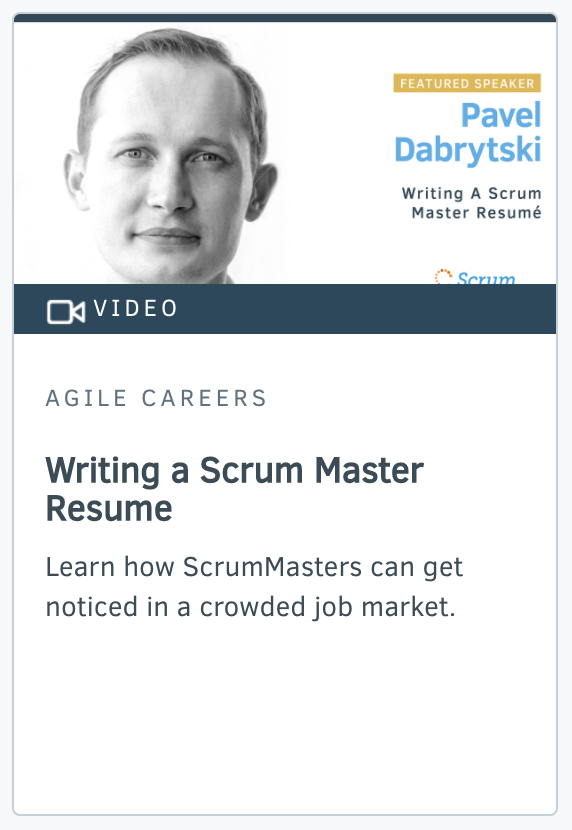Learn about purchasing for teams

This article was originally posted on Open Colleges featuring Jaye Cherie.
A personal statement, sometimes called a professional profile or career summary, is sort of like your elevator pitch. It should describe your best attributes and accomplishments in a few lines, and basically give the hiring manager a quick look at why your resume is worth their time.
“I tell people that it’s like painting a picture of how you fit into a company instead of leaving them to figure it out,” explains Jaye Cherie, career coach and author.
However, Cherie also notes that the best interview preparation doesn’t begin the day before the interview; it happens at every step of your job hunting process.
“Job seekers should focus on their achievements and show that they have the qualities required for a specific job, such as "increased annual profit by 20%" or "managed a $1.5 million budget,” she explains.
Cherie also notes that this section should be adjusted for different positions and applications, because highlighting skills that aren’t relevant to the job in question may mean having the resume discarded.
Keep it brief
Your personal statement should be somewhere between 50 and 150 words, but the shorter the better. Don’t go into detailed descriptions about your experience or accomplishments; this section should be more like an appetizer than a main course.
Be specific
As always, it’s best to be as specific as possible and use concrete examples whenever you can. Don’t use vague expressions like “my skills,” tell them exactly which skills you are talking about.
Using bullet points can also be a good way to highlight specific talents and competencies, without going into lengthy descriptions about each one.
Include the three essentials:
- Who you are
- What you can offer
- What your career goals are.
Start out by introducing yourself and giving a brief overview of your experience. For example, “As an experienced manager within the hotel industry, I have a proven track record of…”
Next, sell yourself and provide specific examples of what your accomplishments are. For example “During my time as hotel manager with Hilton, I supervised a team of 25, and…”
Finally, you can finish it off with a brief sentence about what your career goal is.
Be consistent
There is still some disagreement amongst career experts and hiring managers about whether job seekers should use first or third person when writing a resume.
Generally, both are acceptable, although first person tends to look more natural and personable. Whatever you choose to use, however, make sure you stick with it to the end, because shifting between tenses is confusing for the reader of your resume.
Related Article: Agile Roles the Jobs of Tomorrow
Use a few keywords
You should always try to include a few specific keywords that relate to the job you are applying for.
The job advertisement itself often contains some good examples of keywords you could include, but if you’re not sure, do some research on keywords that relate to that particular field or position.
Don’t try to stuff in too many keywords, though, or it will look awkward. Try reading your summary out loud a few times to get a feel for how it would sound to someone else.
This article was originally posted on Open Colleges featuring Jaye Cherie.
Related Video
Video - Writing a Scrum Master Resume










